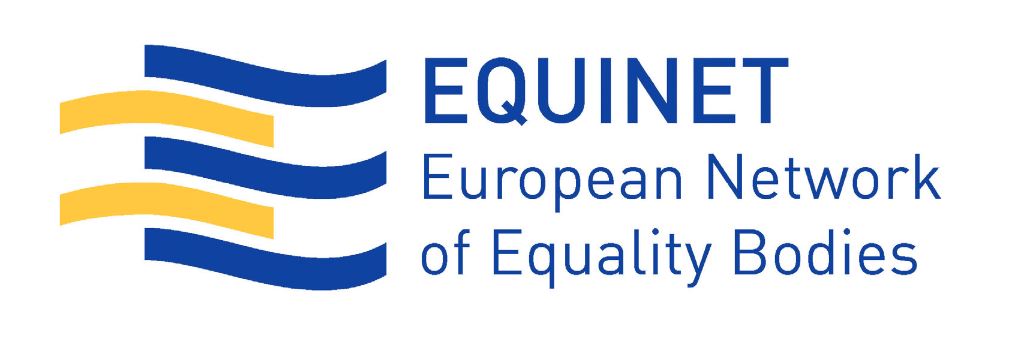Discussion topics included incidences of possible discrimination of the persons fleeing Ukraine on various grounds and in different areas, with the emphasis on housing and employment, as well as the occurrences of hate speech and fake news
Nearly 30 representatives of national equality bodies participating in the work of the European Network of Equality Bodies (Equinet) gathered on 29 March for an online discussion with the aim of exchanging experiences and information on the consequences of the war in Ukraine. The discussion was chaired by Tena Šimonović Einwalter, the Ombudswoman of the Republic of Croatia and member of Equinet’s Executive Board.
Representatives of equality bodies spoke about the inquiries and complaints they are receiving as well as the activities they are currently undertaking to promote and ensure the respect for the rights of the refugees fleeing Ukraine.
Some of the institutions cited difficulties encountered in their countries by Ukrainian families when attempting to find housing by searching the housing market, while in some of the countries the number of apartments offered even surpassed the numbers of the refugees seeking accommodation. When it comes to accommodation, the biggest challenge encountered in practice is housing large families (10+ family members), as well as Roma families fleeing from Ukraine.
Some of the Equinet members came across the issue of Ukrainian refugees employed in their countries receiving lower salaries than the countries’ nationals, as well as the domestic populations questioning the positive action measures set up to assist the refugees in areas such as employment.
Numerous equality bodies mentioned problems faced by the Russian nationals in their countries in their places of work, educational institutions and other areas of life, also citing incidences of hate speech targeting Russians as well as, in some cases, Ukrainian refugees. Incidences of spreading fake news about the refugees with the aim of causing a rift in the public opinion were also recorded.
Issues faced by persons with disabilities fleeing Ukraine, the dangers of human trafficking, especially when it comes to women, the obstacles in access to health care experienced by some of the refugee women in certain countries and discrimination against the Roma refugees were discussed as well. Some of the institutions reported receiving citizens’ inquiries and complaints citing differences in treatment between the refugees from Ukraine and those arriving from other countries and questioning whether such differences in treatment can be said to constitute discrimination based on race, ethnicity or religion.
The participating institutions spoke about their public communication activities related to the situation in Ukraine and exchanged experiences on cooperation with other institutions in their countries.
Information and experience exchanges of this type provide a valuable contribution not only when it comes to the monitoring of the current situation across Europe but they also facilitate planning for and better prevention of the possible future issues.


